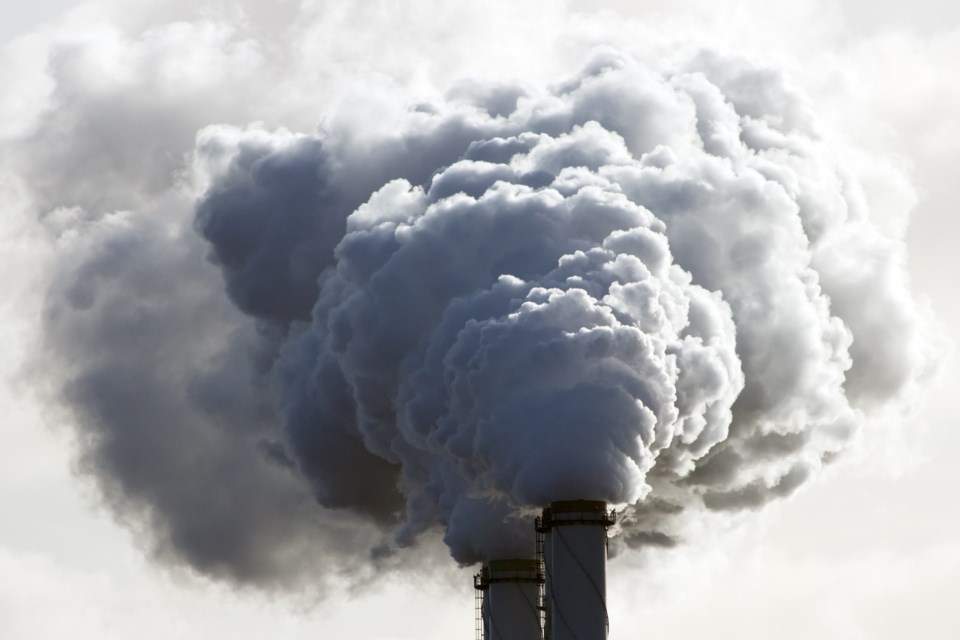The Supreme Court ruling limiting the Environmental Protection Agency’s ability to regulate carbon dioxide emissions related to climate change, will not deter the agency from its mission to reduce the production of greenhouse gasses, Kathleen (KC) Becker said Thursday.
Becker serves as regional administrator for the EPA whose turf includes the country’s intermountain area. A former Boulder City Councilor and Colorado State Legislator, Becker told local officials and environmental experts the Supreme Court’s decision was “obviously disappointing.”
“But we don’t see this decision limiting our ability to limit greenhouse gasses,” said Becker, the keynote speaker of the Sixth Sustainable Transportation Summit. The gathering was sponsored by Commuting Solutions, a nonprofit group that seeks solutions to ease the gridlock on highways in the north metro area.
Thursday’s “Clean the air” summit targeted efforts nationally and in Colorado aimed at reducing pollution and smog on the Front Range.
Becker said the EPA will explore its ability to produce more rulemaking for greenhouse gas emissions for new and existing power plants under the 1970 federal Clean Air Act. The rulemaking hit by the justices “was not our only tool,” she said.
Becker said there are other efforts being pushed by the EPA to reduce noxious air in the country. The $1 trillion federal infrastructure bill earmarks $5 billion over a five-year period to transition diesel-powered school buses across the country to cleaner energy sources.
The EPA also is finalizing the strongest ever light-duty emission standards. In addition, the agency is proposing a rule to achieve major reductions in methane emissions for the oil and natural gas sector, she said.
Colorado, however, is still struggling with its continued bad air quality, Becker said.
By the end of the year, the Denver area state will be reclassified by the EPA as a severe nonattainment area for not attaining ozone standards in a timely manner, Becker said. The metro area is currently under serious nonattainment status, she said.
Denver’s geography helps trap air pollution from industrial sources which help produce high ozone days. Wildfires and climate change also contributes to sometimes dangerous air quality, she said.
“We’ve had plenty of hot, stagnant days,” Becker said.
States play a major role in battling high ozone levels, she said, adding the state legislature and local communities have stepped up to produce cleaner air.
Martha Rudolph, a member of Colorado’s Air Quality Control Commission, listed several achievements in cleaning up Colorado’s air. Rudolph was on a panel discussion held after Becker’s talk.
Those include the 2010 Clean Air Clean Jobs Act which mandated coal-fired power plants to switch to natural gas and a 2018 requirement that at least 5% of the vehicles sold in the state by 2023 emit zero pollution, Rudolph said.
She said the Supreme Court decision that went against the EPA, could mean the states would have to set up their own rules for greenhouse gas emissions. “It could leave us with a checkerboard of regulations around the country,” Rudolph said.



